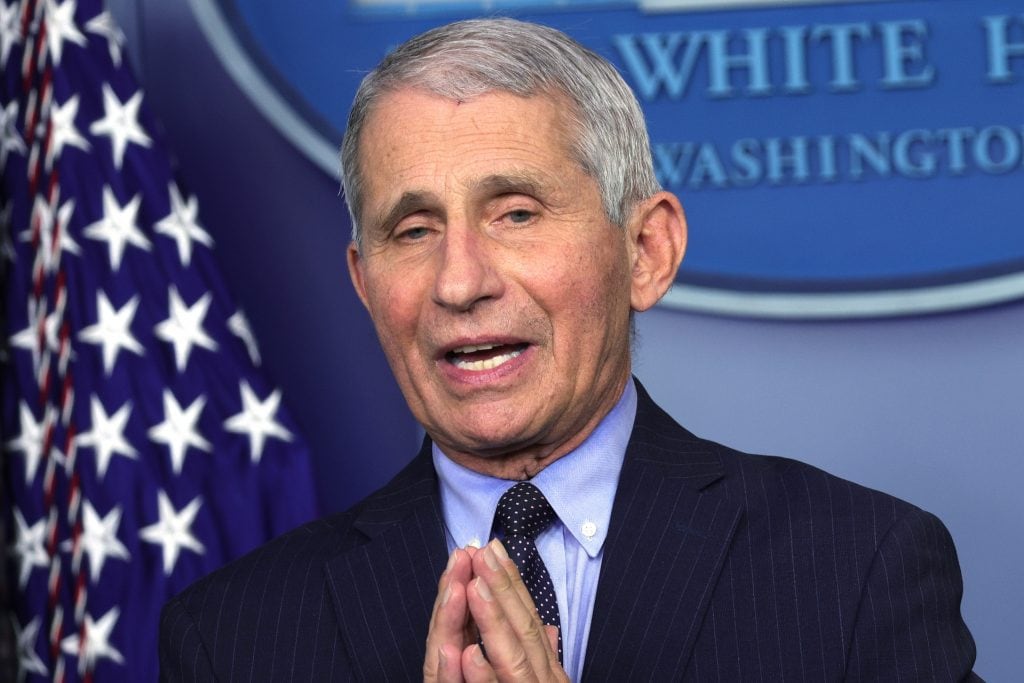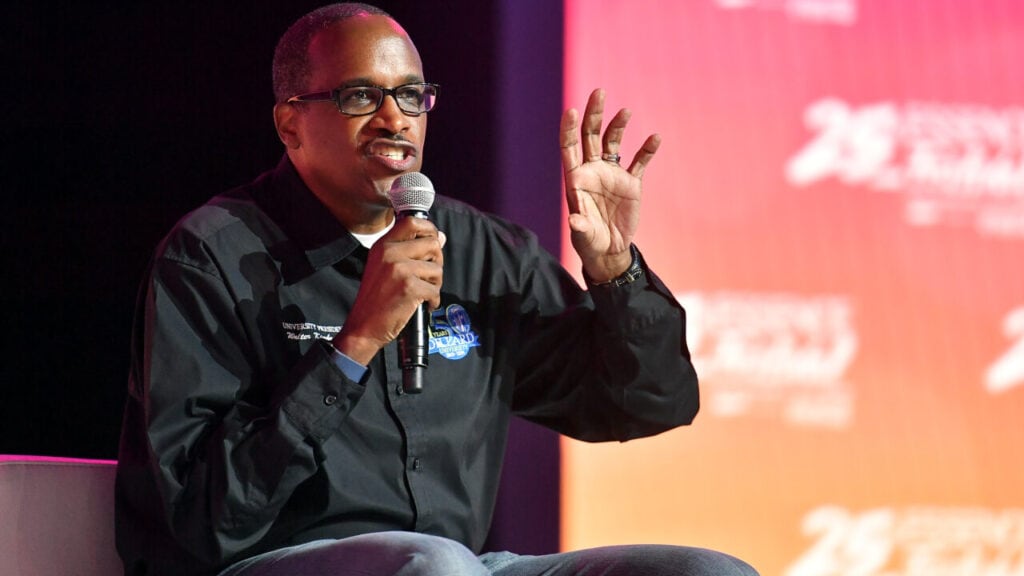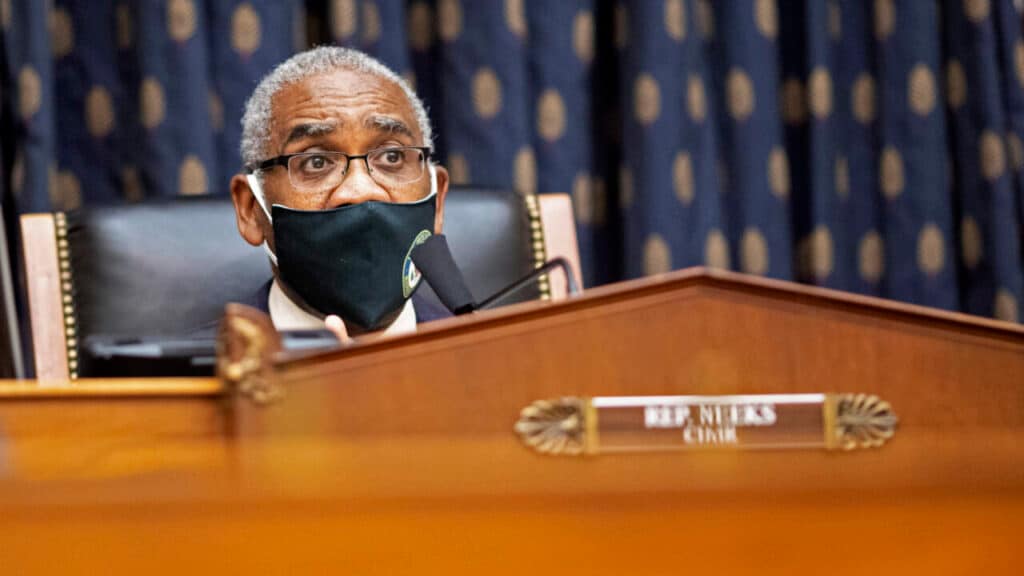Loading the player…
Vaccines are on the way to Black communities in the United States and abroad through unique initiatives and funding campaigns aimed at closing the racial health gap of the pandemic.
Let’s take a look at the domestic front first. Ground Zero for new approaches to getting Americans vaccinated could become your office or workplace. The White House COVID-19 Response Team announced on Tuesday that private employers can commission onsite vaccinations in part to accommodate minority communities who can’t afford to take off from work or be inconvenienced by scheduling.
Momentum is building globally and here at home as communities are opening up to 100% capacity, but one aspect of the race to “normalcy” remains unknown, and that’s whether or not COVID-19 booster shots will be needed. theGrio spoke exclusively to Dr. Anthony Fauci of the National Institutes of Health.

Dr. Fauci explained the decision to roll out booster shots depends on the performance of “people who are in the clinical trials to see how long the level of high protection lasts.”
“When it starts to taper off, then we’ll seriously consider needing a booster,” Dr. Fauci added.
Even with this news about possible booster shots, there is still a large swath of Americans who have not had their first round of vaccinations. Dr. Fauci feels the imperative for people of color is to get vaccinated, and highlighted that he is using commencement addresses during this graduation season to push the point.
According to Black Futures Lab, over 60,000 Black people have died from COVID-19. Their data indicates that Black people make up 13.7% of the total number of COVID-related deaths with only 8.5% of those fully vaccinated.
“It’s very real. It’s not made up, it’s not imaginary. It’s very, very real. And we’ve got to start now as a society to realize that all of those things that Brown and Black people go through from birth, I mean, lack of accessibility to proper diet, lack of medical care so that when you’re hypertensive, you don’t know about it until you’ve already had a stroke. That’s completely unacceptable,” Dr. Fauci emphasized.
There is an intrinsic understanding of what Dr. Fauci is speaking of to thwart the deadly health disparity spiral. Dr. Walter Kimbrough, the president of Dillard University in New Orleans, took part in the vaccine trial and he said he did not receive a vaccine but a placebo.

Kimbrough was convinced to take part in the trial by the president of Xavier University, Reynold Verret, who is an immunologist.
Kimbrough wants the Black and Brown community to understand we are susceptible to death and disability due to COVID-19.
“We’re looking for a reason not to do something that will benefit us and our families,” Kimbrough said. “Because this disease is disproportionately impacting us, it doesn’t make any sense for us.”
Kimbrough said the reality of the serious threat COVID posed to the Black community sunk in when his younger brother died from the virus.
“He was overweight, so he had comorbidities. They finally got him to go to the hospital on a Friday morning. He was dead on Sunday,” he shared.
Both Dr. Fauci and Kimbrough are aligned that Black communities in the United States are in desperate need of the vaccine due to our relationship with pre-existing conditions, but from a global perspective, the same is true while access remains a hurdle.
Chairman of the House Committee on Foreign Affairs, Rep. Gregory Meeks of New York explained to theGrio his active role in securing vaccines for communities in the Caribbean.

“I’ve talked to a number of the members of the administration, for example, to make sure that we get vaccines there, number one, which will help them curtail some of the effects of the virus,” Meeks said.
Another global vaccine effort is underway with a focus on Africa. The White House announced a partnership with the Mastercard Foundation and MasterCard to send vaccines to other countries. As part of their global commitment, the financing companies are pledging $ 1.3 billion in funding to provide vaccines to people across the continent of Africa.
The African equivalent to the Centers for Disease Control in the United States will receive the funds and have the ability to determine which vaccines to purchase out of the many options now available. White House Press Secretary Jen Psaki said at the White House briefing on Tuesday, ”this is a welcome addition to our announcement last week that approximately 5 million of our first tranche of COVID-19 vaccines will be shared with African countries, in coordination with the African Union.”
Have you subscribed to theGrio’s “Dear Culture” podcast? Download our newest episodes now!
TheGrio is now on Apple TV, Amazon Fire and Roku. Download theGrio.com today!
Loading the player…
Share
